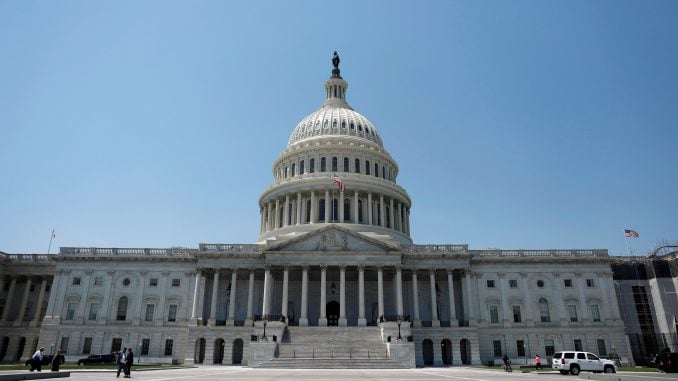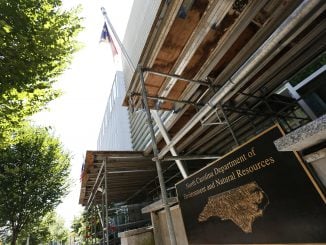
WASHINGTON, D.C. — National environmental groups waging legal battles against energy projects are delaying approval of U.S. natural gas pipelines, a top federal energy regulator said on Thursday.
The groups have lawyers who “understand how to use all of the levers of federal and state law to frustrate pipeline development,” Neil Chatterjee, the chairman of the Federal Energy Regulatory Commission (FERC), told a meeting of natural gas industry officials.
Some recent approvals of natural gas pipelines, such as the Atlantic Coast Pipeline from West Virginia to eastern North Carolina, have taken two years or more. Chatterjee said he hoped a timeline of two-plus years would not become the new industry norm.
While industry officials have often complained about climate activists, Chatterjee’s comments, which he said reflected his opinion, are rare for a regulator.
He did not identify any specific green groups, but the Sierra Club and 350.org both have well-funded campaigns to reject energy projects, including those in N.C. The groups are fighting development of fossil fuels including oil, coal and fracked natural gas, because they say the production slows the transition to cleaner sources, like wind and solar power, and the conservation and storage of energy.
With the support of the Sierra Club, Gov. Roy Cooper’s Department of Environmental Quality rejected Duke Energy’s map for the Atlantic Coast Pipeline in October saying it didn’t meet the state requirements for erosion control. The Cooper administration gave developers 60 days to submit additional information.
Meanwhile, the Trump administration is trying to boost output of the fuels to increase jobs in the industry and sell energy exports to allies.
In August, the Court of Appeals for the District of Columbia Circuit Court rejected FERC’s approval of the Southeast Market Pipelines Project to bring gas to power plants in Florida after the Sierra Club sued the agency over the climate impact of burning the gas.
The lawyers with green groups exert pressure on the FERC review processes with lawsuits and other legal wrangling on federal endangered species, clean water and environmental review laws, said Chatterjee, a Republican. He will head FERC until next month’s expected swearing in of Kevin McIntyre, an energy industry lawyer.
FERC’s staff members are “forced to devote significant resources to responding to arguments and ensuring a robust record that can withstand subsequent court challenges,” Chatterjee said.
As energy companies seek to transport gas to cities and to a growing number of liquefied natural gas operations for export, the approval of pipelines will top the agenda next year for FERC.



